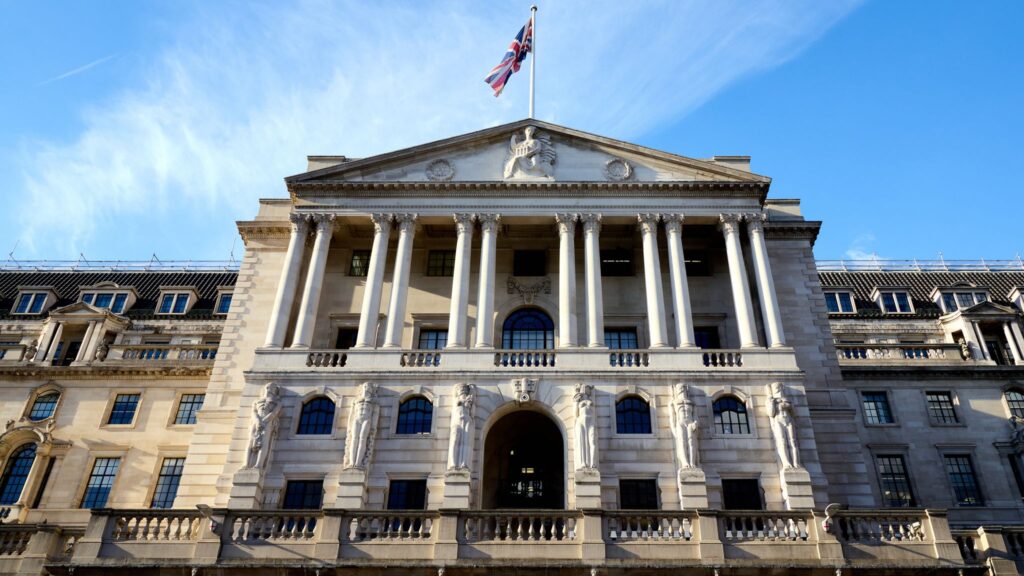Britain’s central bank emphasised the necessity for expanded oversight of financial entities to forestall a potential crisis in the extensive non-bank sector from degenerating into a credit squeeze, which could wreak havoc on the economy.
The Bank of England (BoE) was compelled to intervene by purchasing UK government bonds in September 2022, prompted by Prime Minister Liz Truss’s introduction of unfunded tax reductions.
This action sent yields skyrocketing, leaving liability-driven investment (LDI) funds scrambling to secure additional collateral to cover their positions.
This ordeal bolstered the resolve of the BoE to scrutinise “non-banks” such as insurers, pension schemes, asset managers, and funds, which presently constitute roughly half of global financial assets.
These entities are subject to less regulation compared to traditional lenders, particularly concerning credit provision.
The central bank has initiated a stress test to gather data on the connections between banks and the non-bank financial intermediation (NBFI) sector.
This effort aims to persuade international regulators, especially securities watchdogs overseeing markets, to collaborate on preventive measures.
Deputy Governor Sarah Breeden highlighted the need for further research to pinpoint data gaps and enhance resilience in a sector responsible for nearly all of the £425 billion ($539 billion) net increase in UK business lending since 2008.
She stressed the importance of proactive policymaking to address vulnerabilities before they materialise into crises.
Claudio Borio, head of the monetary and economic department at the Bank for International Settlements, underscored the imperative for a regulatory framework tailored to the specificities of non-banks.
He noted that achieving this would require integrating financial stability into the mandate of securities regulators.
One suggested approach involves using capital and liquidity regulations to influence the interactions between banks, subject to central bank oversight, and non-banks.
While the BoE has outlined stricter liquidity guidelines for LDI funds and money market funds, achieving full effectiveness necessitates parallel action from the EU, where many of these funds are domiciled.
Meanwhile, the U.S. Treasury-led Financial Stability Oversight Council agreed to intensify supervision of non-banks, eliciting resistance from major funds wary of bank-like regulations.
Additionally, the G20’s Financial Stability Board announced a comprehensive work programme to bolster non-bank liquidity resilience, with a progress report slated for July.
